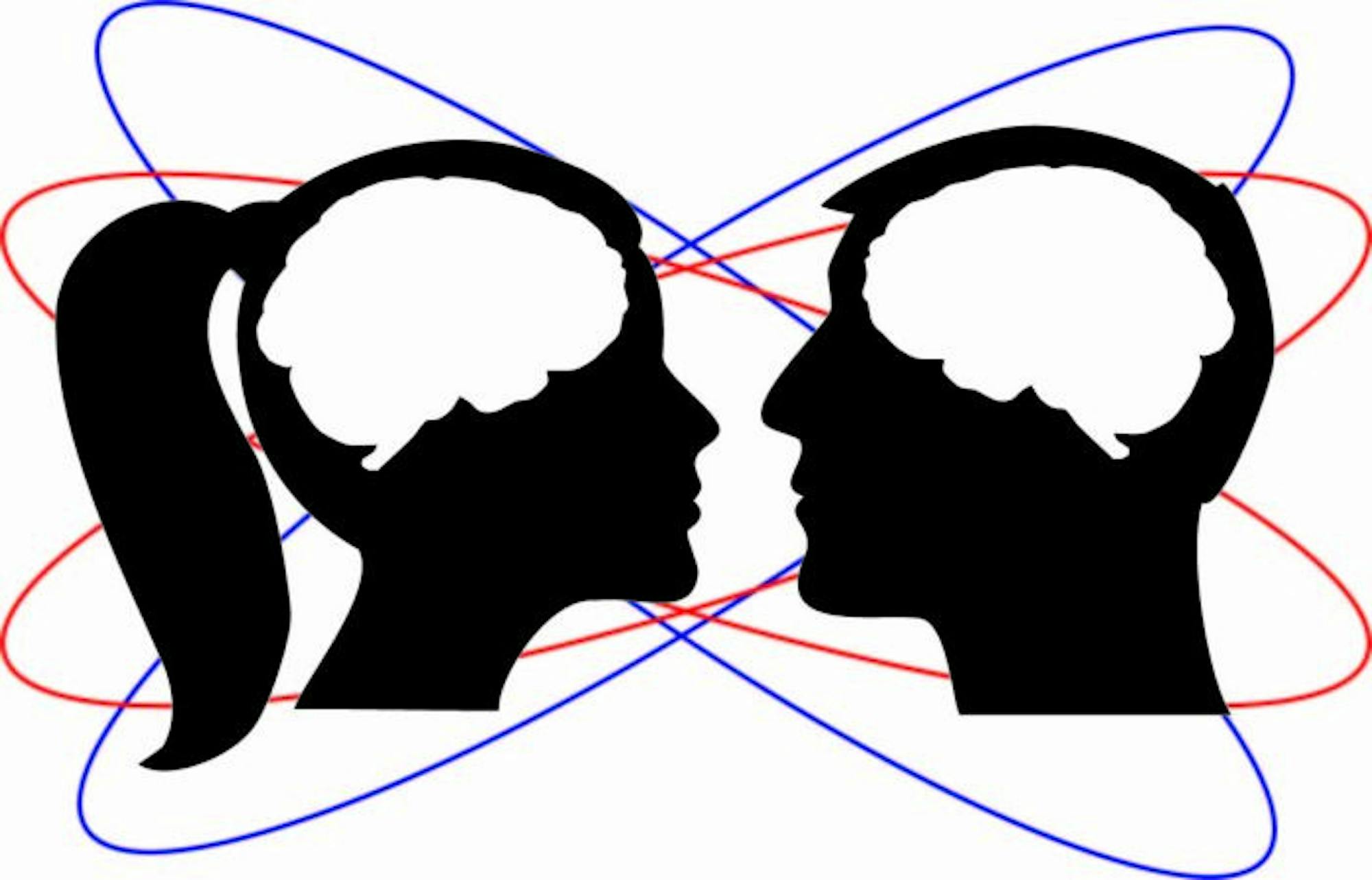The human desire to be right is not necessarily a bad thing. This phenomenon drives people toward knowledge and truth, looking at evidence to make sense of it and forming views from it that are substantiated. However, what can be destructive is the competing human desire to have been right, in the past tense. Often, feeding into this line of thinking will cause not only stubbornness but willful ignorance even when presented with new information. Additionally, this only compounds the issue of confirmation bias, as all unfamiliar or novel information will only be looked at from angles that follow one’s preconceived notions. It is then less challenging for us to stay thinking the same way than to change, especially when we only see what we expect or want to see. 
One of the paramount issues is the way views are formed, especially concerning political or social topics. Many people have beliefs or conclusions they accept based on the beliefs or conclusions of their family, friends, community or even their own initial reactions. If these views are held onto without any additional individual research or thought, then maintaining these views is doing it backward. Instead of reviewing available information and doing any kind of research to find evidence to support a claim and draw conclusions, people are starting with results. When people begin with conclusions, it only increases the likelihood you are likely to only believe in, look at and accept evidence that supports these prior convictions. This cherry-picking of evidence only leads to biased viewpoints.
How can we get past this? Perhaps if we tried to form conclusions more like scientists, utilizing the scientific method we could reduce biases or prejudices. These steps include defining a purpose, constructing a hypothesis, testing this hypothesis and collecting data, analyzing this data, drawing a conclusion and communicating this result. The only way to minimize ignorance is to look at the evidence before making a firm conclusion on an issue. By doing this, we can all be more informed and base our views less on assumptions or others’ views and more on reality. Additionally, there will be less resistance to changing or adapting one’s judgments upon consideration of new information. This is because one ties his or herself less to pre-formed conclusions, putting more prioritization on evidence.
I will acknowledge political and social issues aren’t perfectly adaptable to science or experiments. This way of thinking is not perfect, and it will not eliminate all bias. We are human after all. But by pursuing facts and truth before settling into our beliefs, we can build the best views we can, and that is enough. There will still inevitably be disagreements. Even if everyone looked at the same evidence and used the same method, people will come to different conclusions. However, conversations and debates where both sides are at least honestly informed and acting in good faith will be a lot more productive. By focusing less on who is right or wrong and more on sharing evidence and learning from one another, we will all be better off.
Justice Mory is majoring in business analytics and is part of the John W. Gallivan Program in Journalism, Ethics and Democracy. He is from Southern California and now lives in Duncan Hall. His main goal is to keep learning and to continue to become more informed. He can be reached at jmory@nd.edu or @JmoryND on Twitter.













